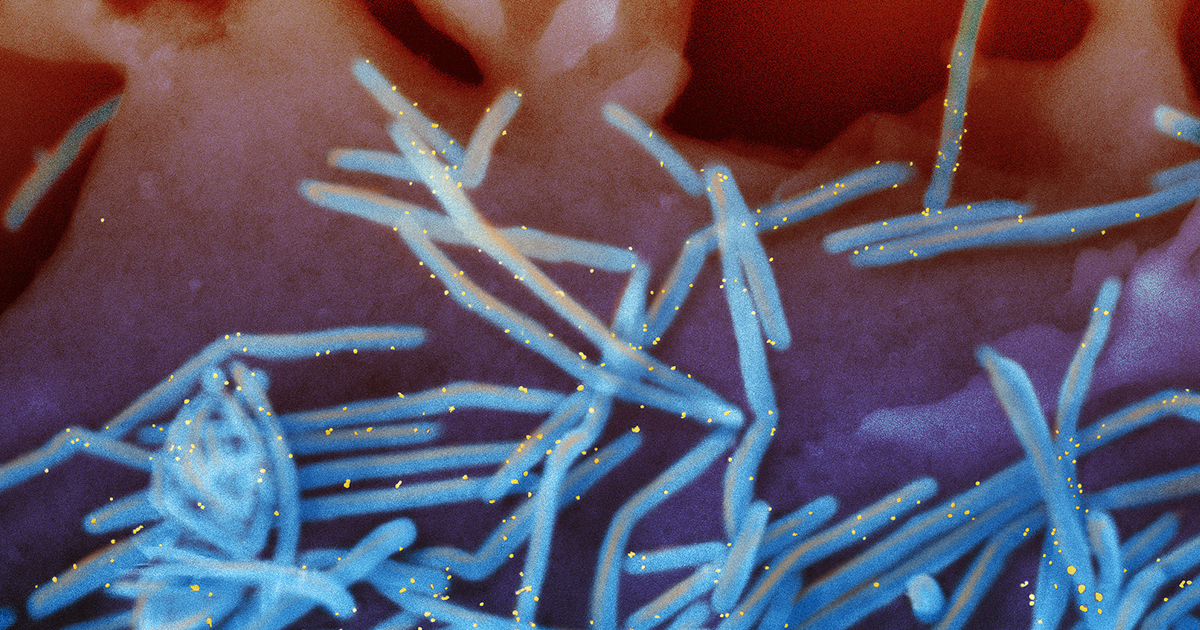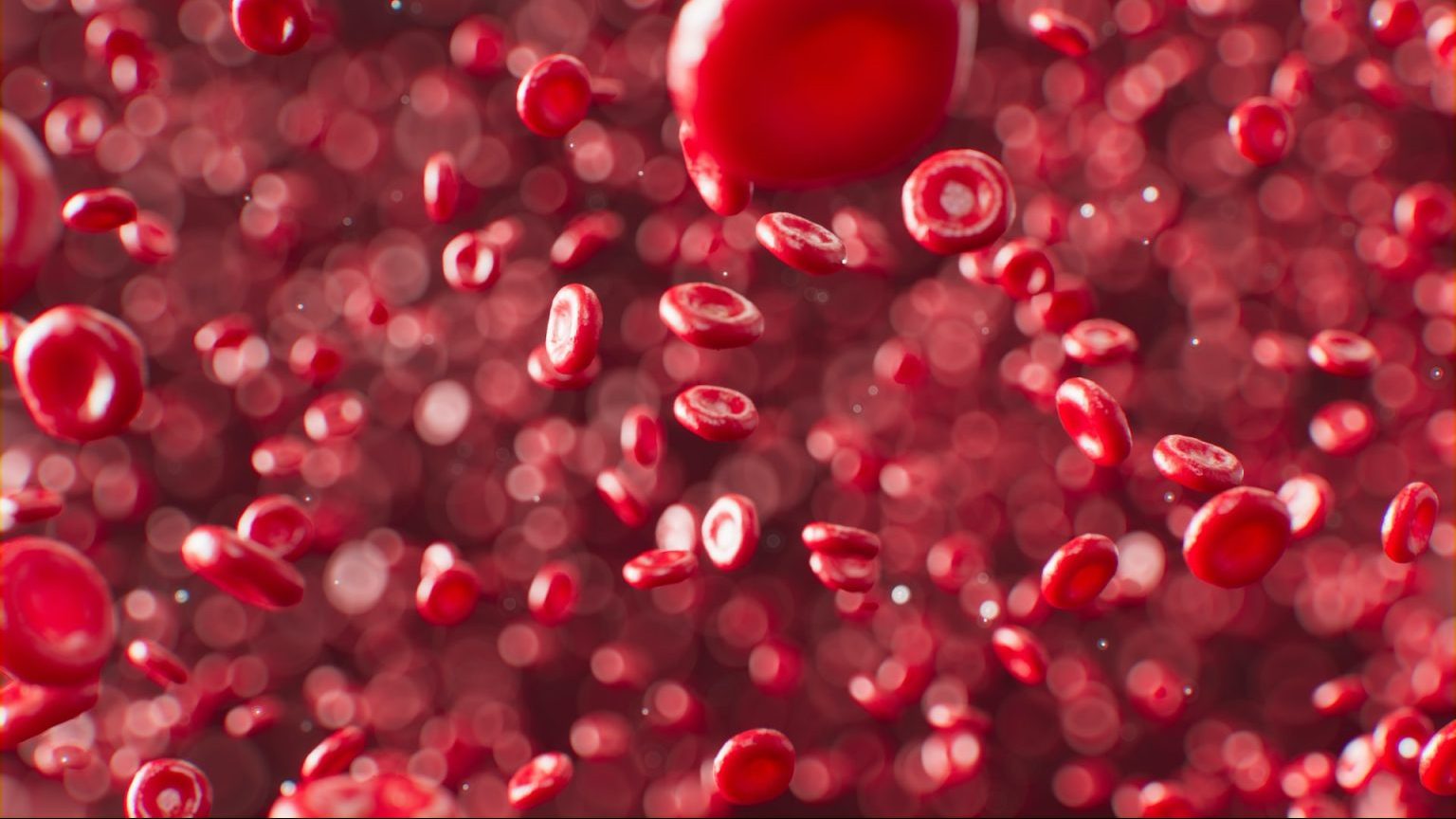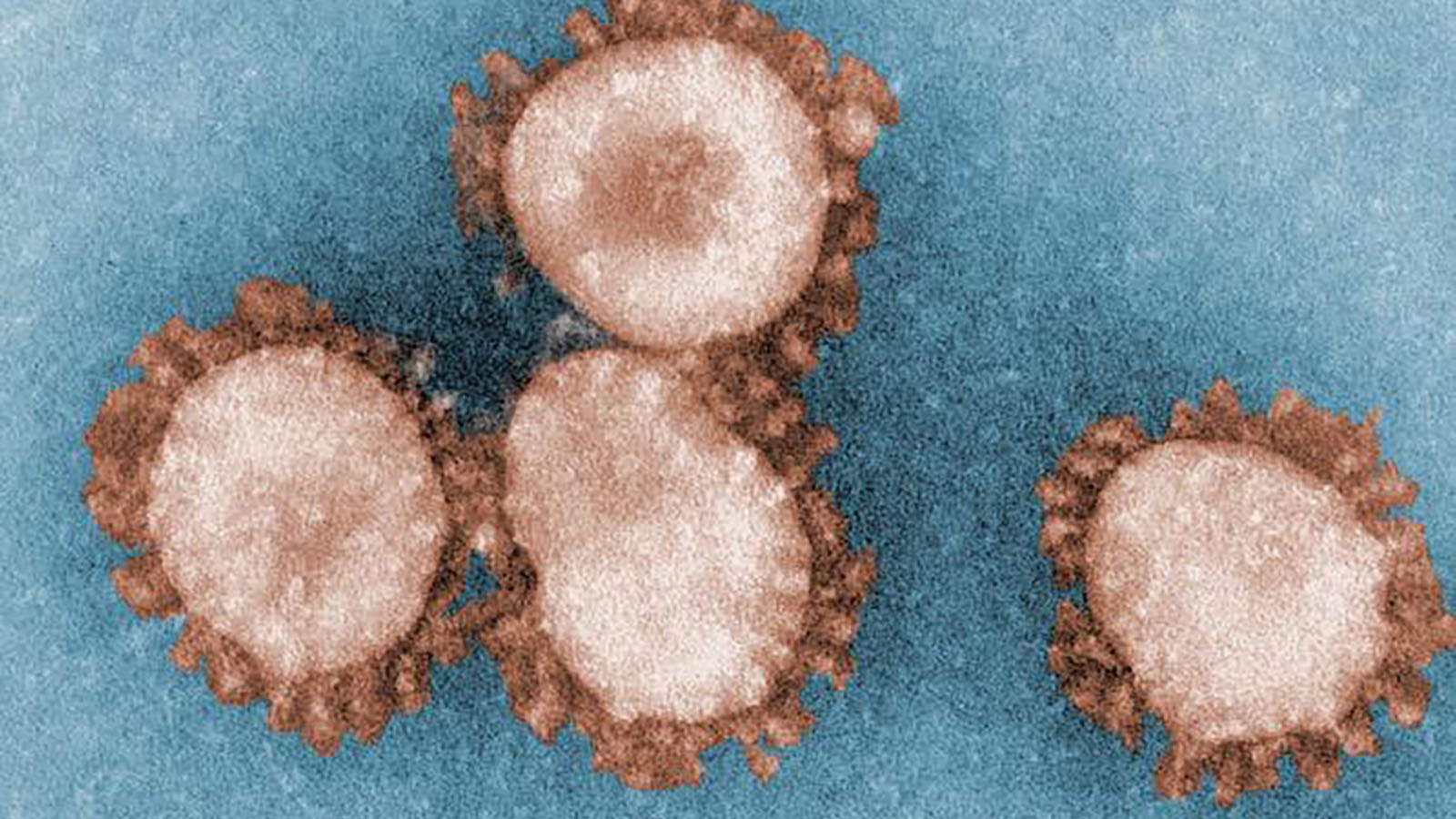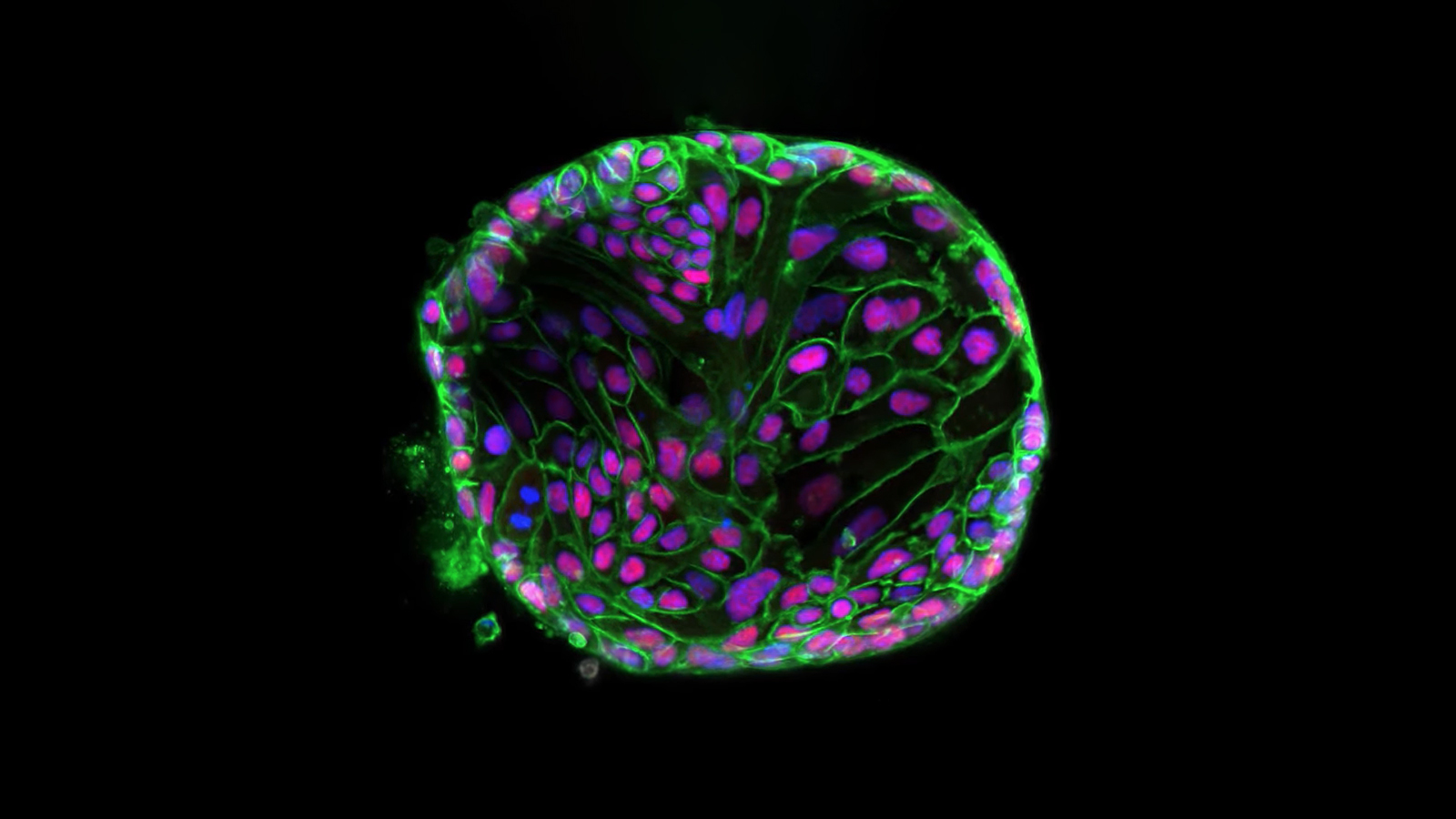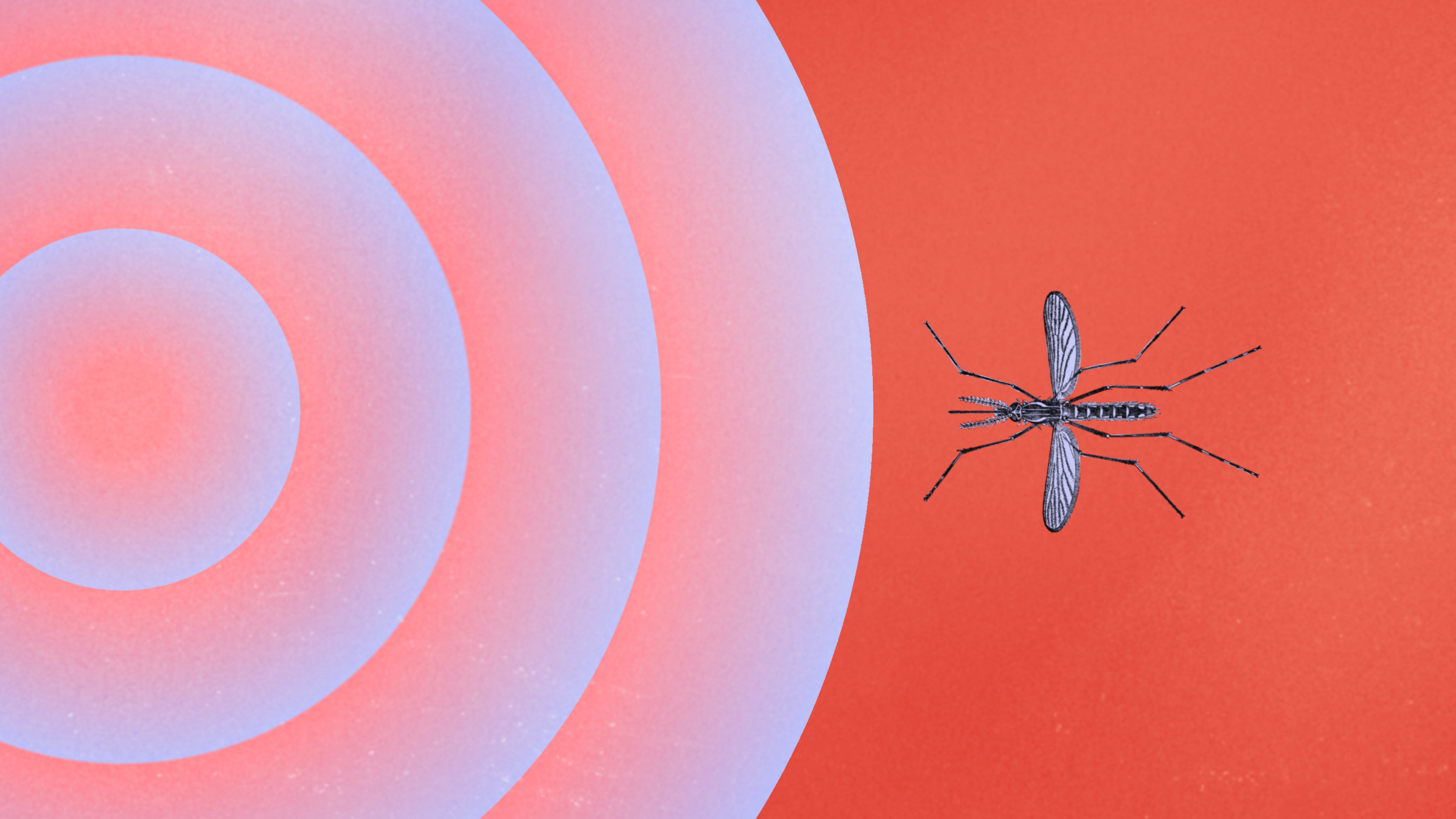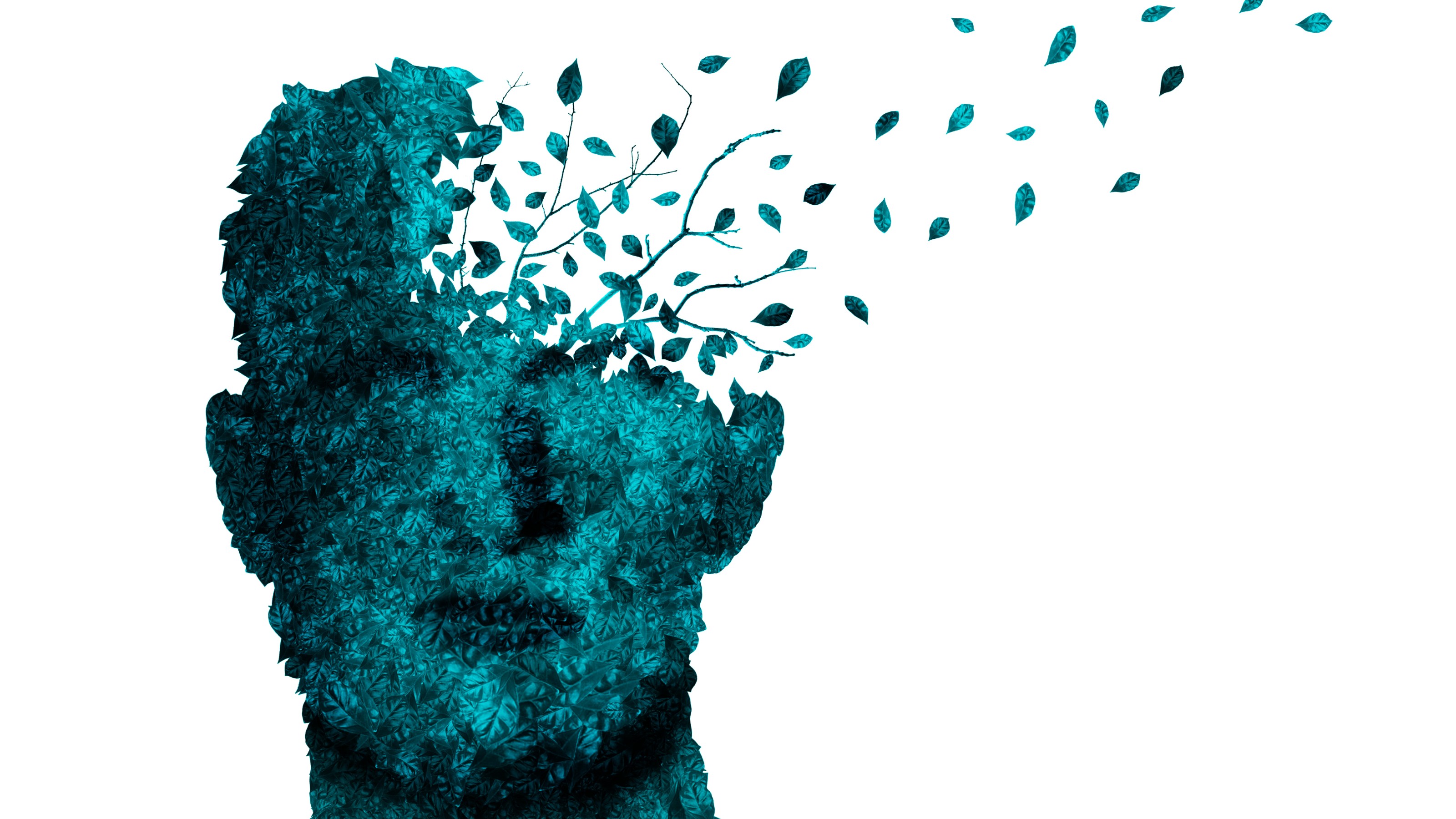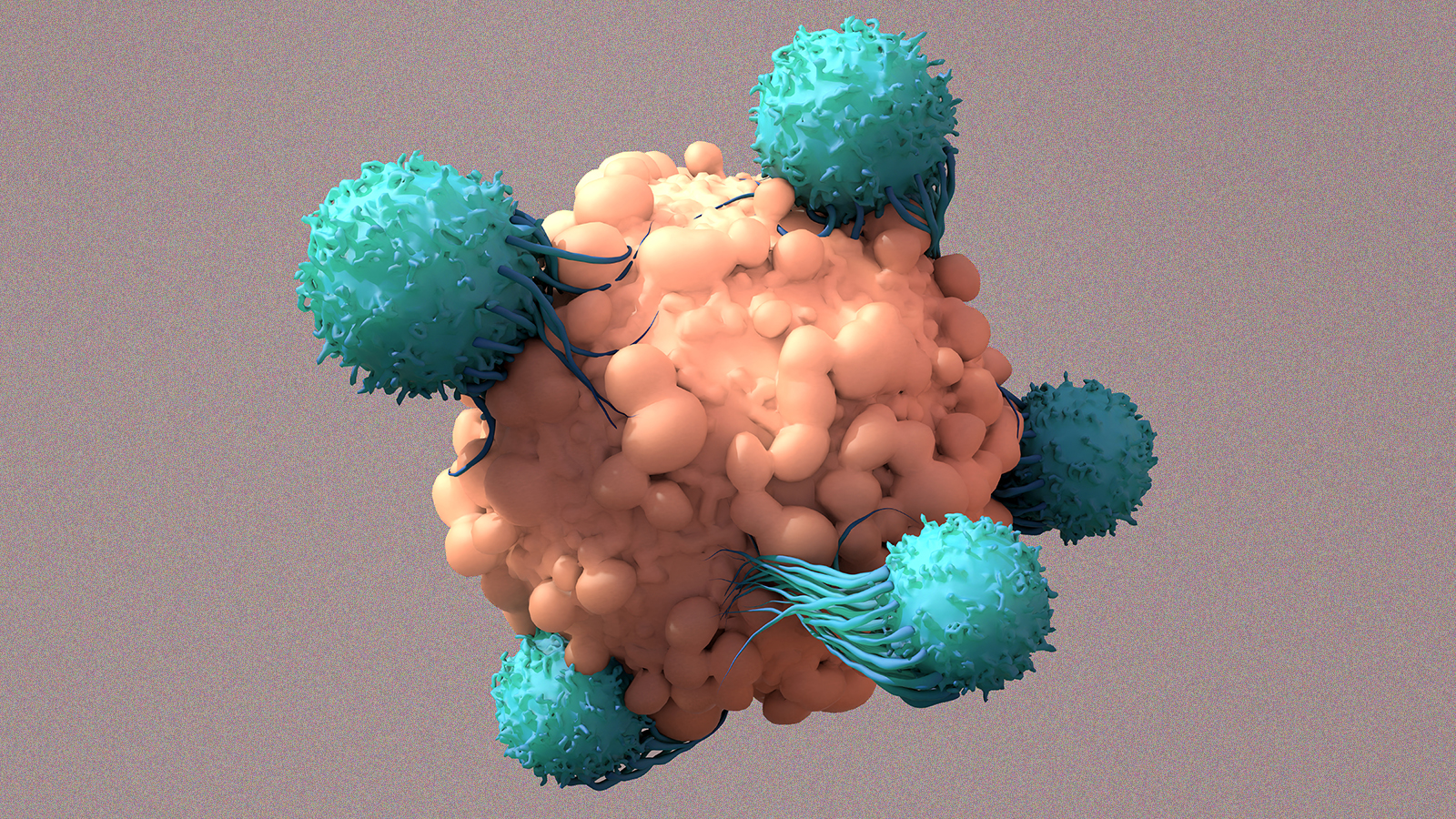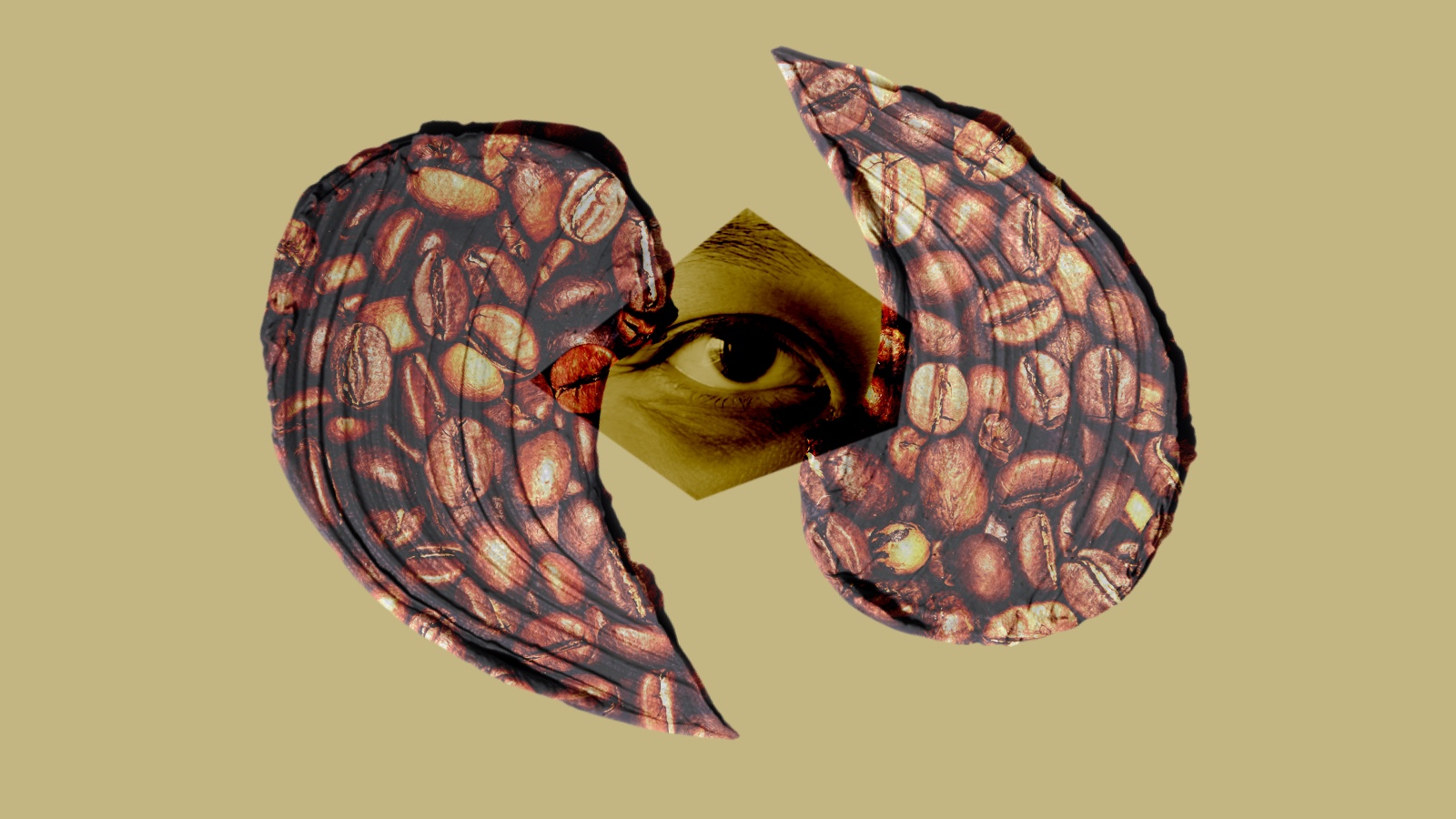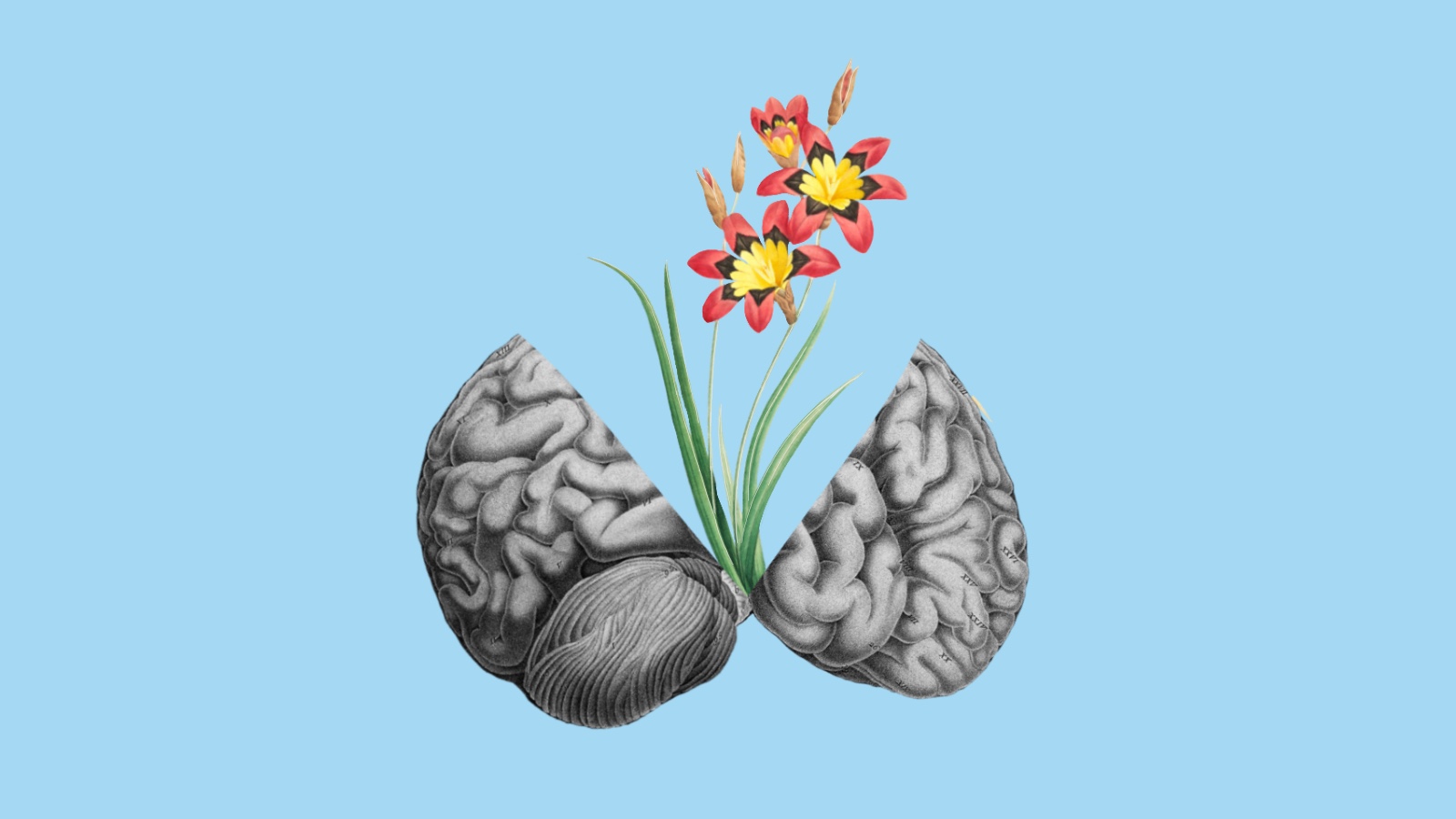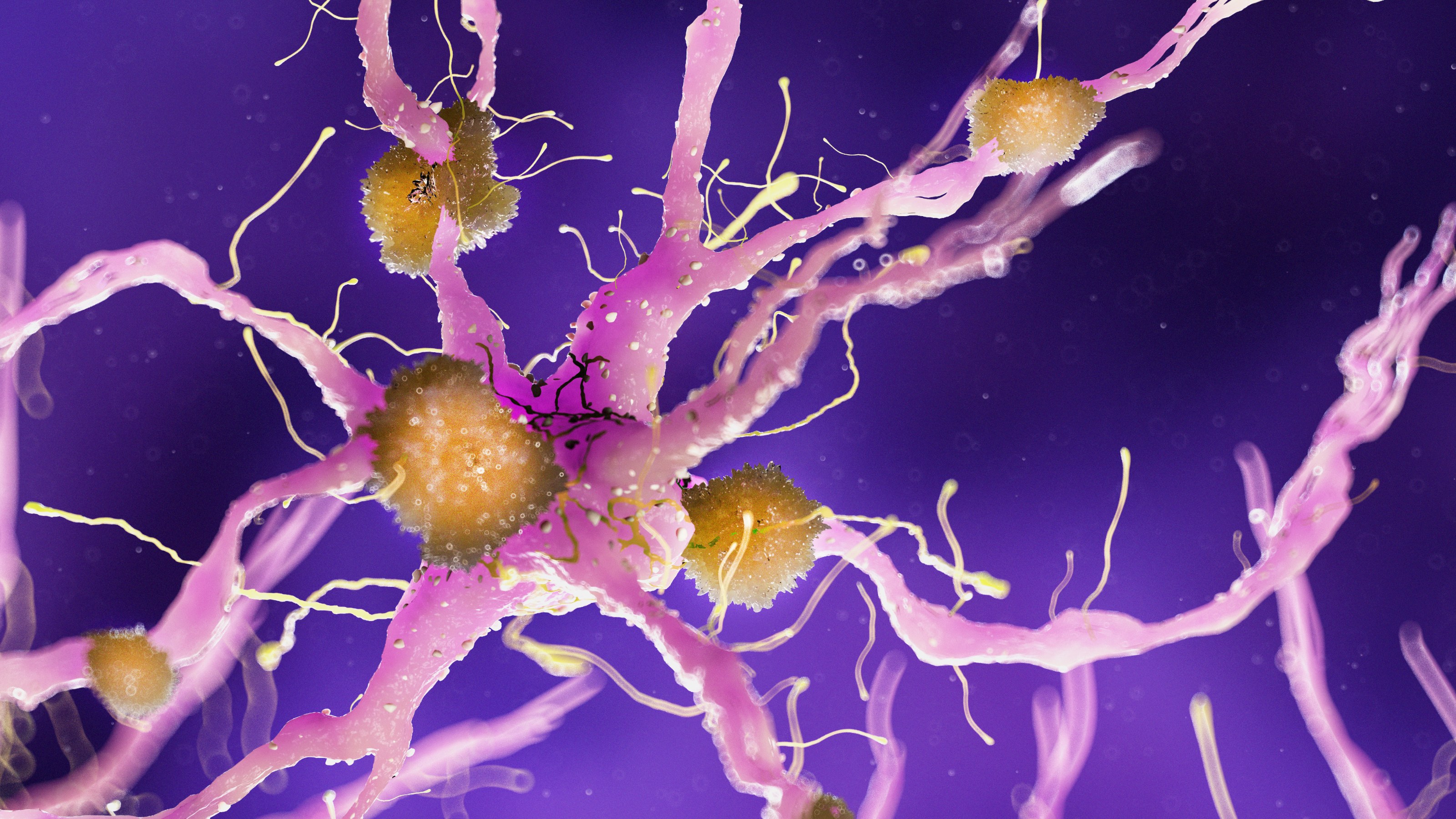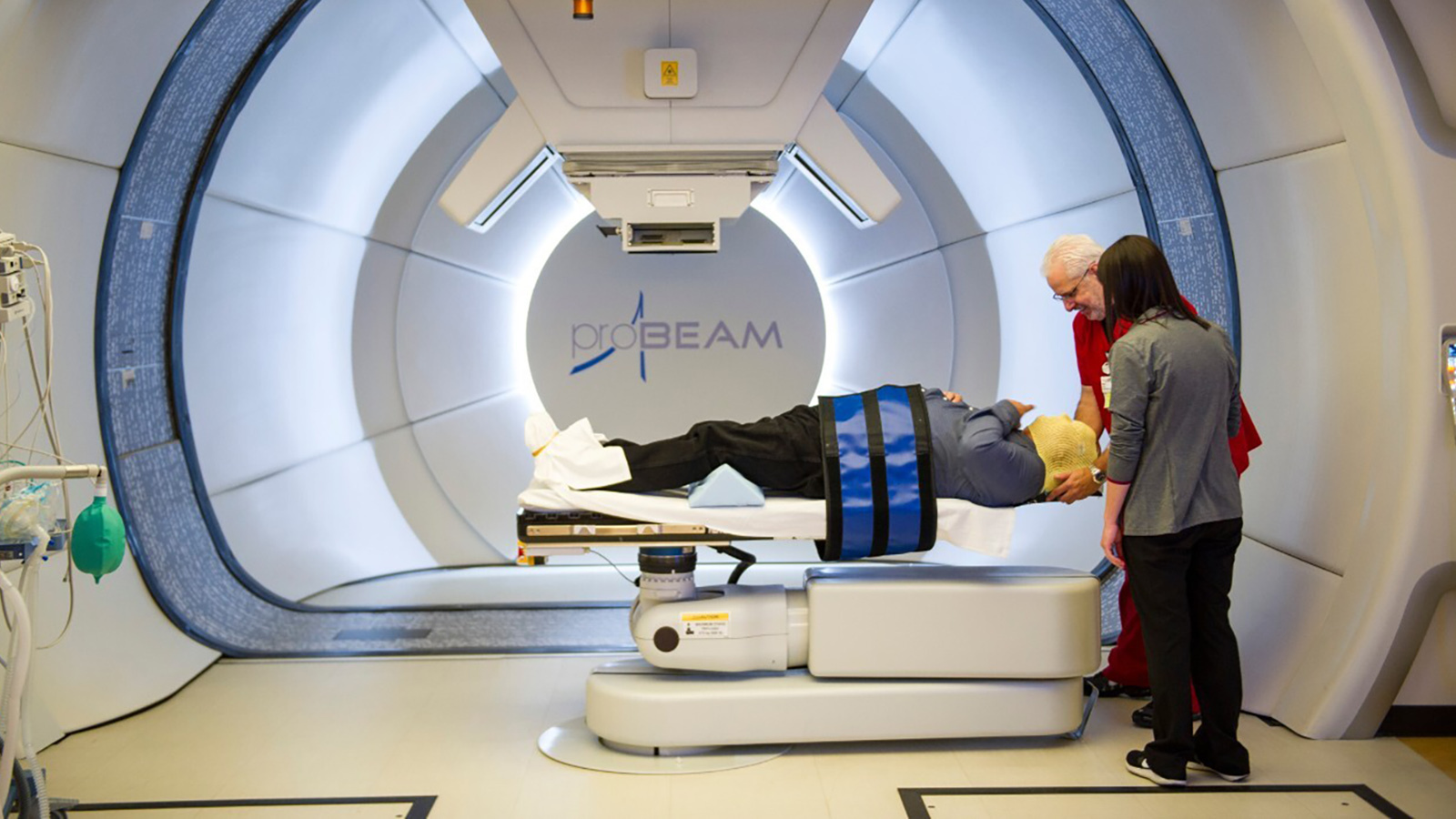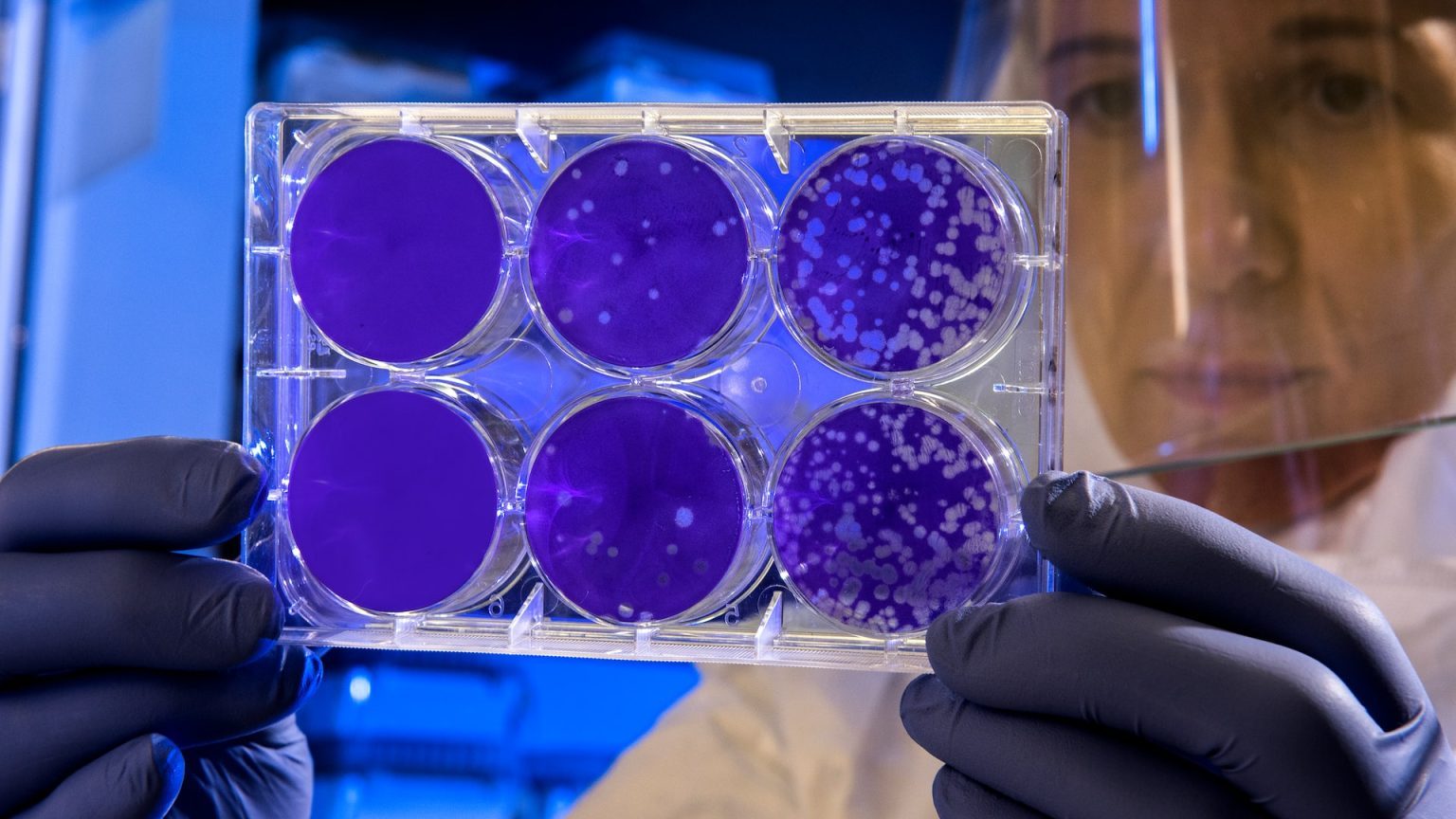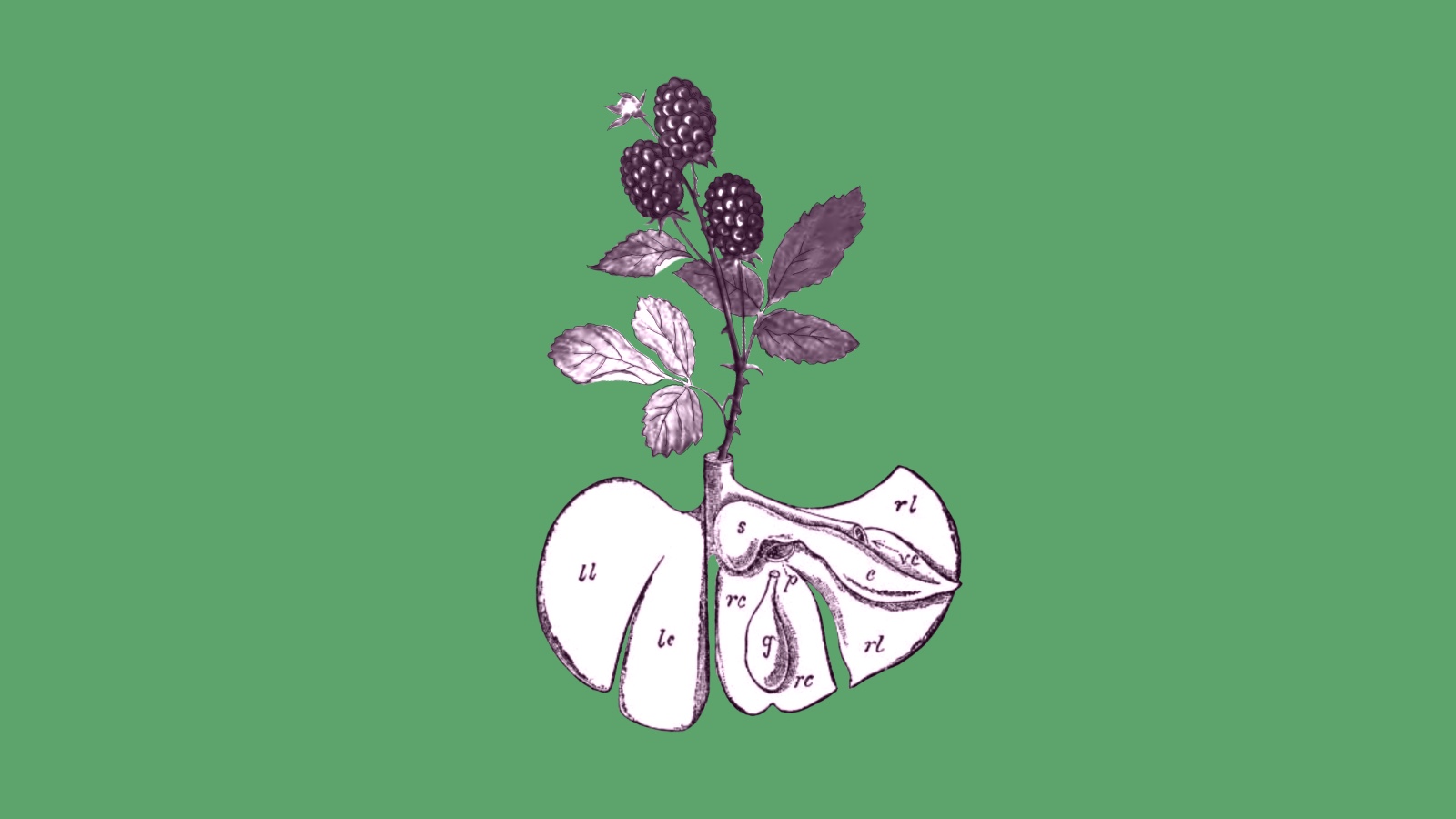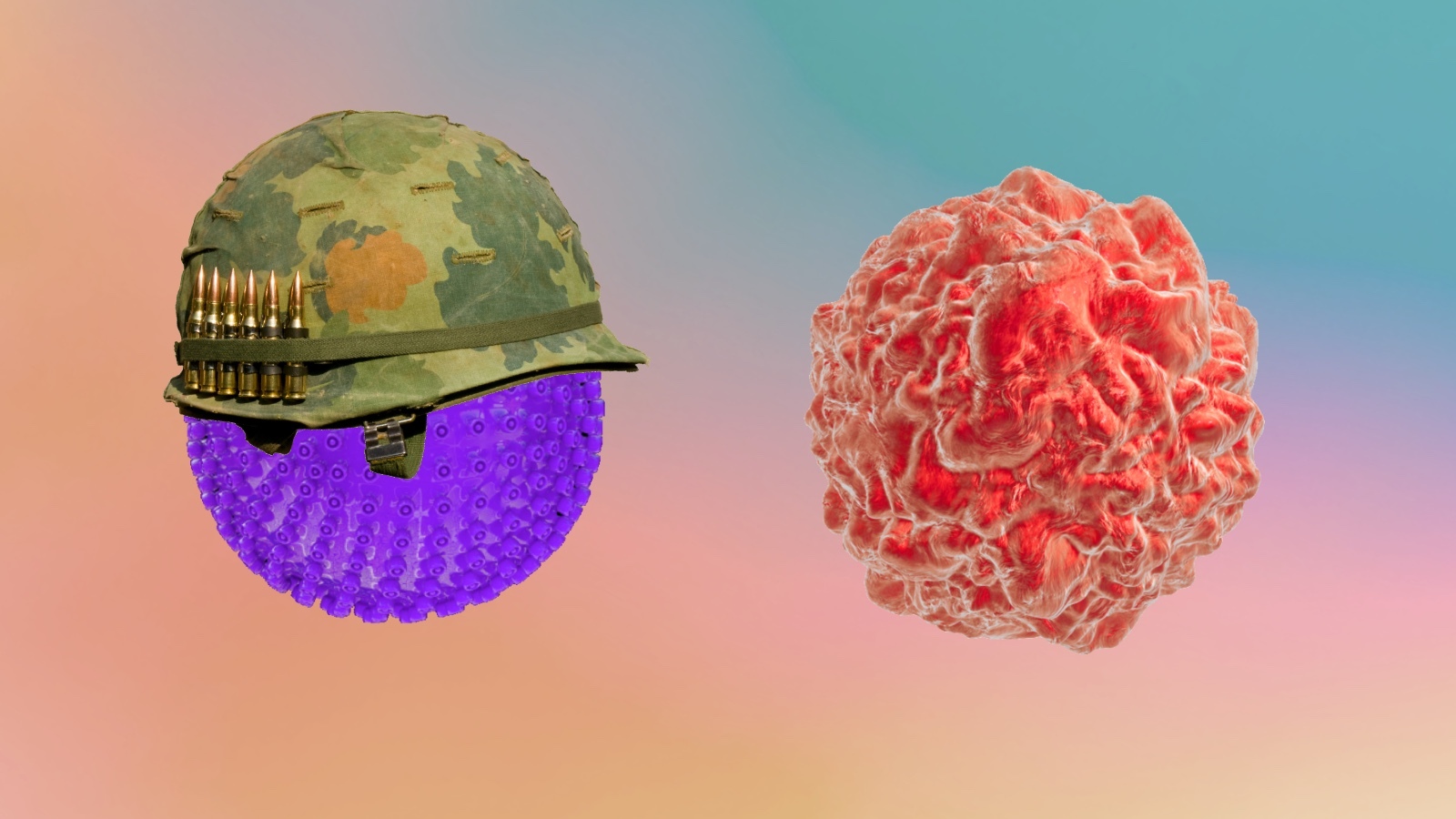medicine
It was a particularly good year for biotech and medical technology. There were also notable advances in energy.
What if you could just grow your own blood?
A new drug inhibits a human enzyme that coronaviruses hijack in order to replicate.
2022 was another busy year in the realm of science, with groundbreaking stories spanning space, materials, medicine, and technology.
A vitamin that makes your body repellent to mosquitos sounds too good to be true, because it is.
The placebo effect is real. So are the ethical conundrums posed by those who would exploit the latest research advances for profit.
A recent study reveals how nerve insulation becomes impaired in the brains of Alzheimer’s patients.
In an animal study, it blocked the drug from crossing into the brain.
This small phase 1 study suggests that CRISPR-engineered T cells are safe and potentially effective, but there is a long way to go.
Being mortal makes life so much sweeter.
An independent researcher looks into why there’s such strong opposition to her research.
Mycobacterium leprae, the bacteria that cause leprosy, have the surprising ability to grow and reverse aging in armadillo livers.
Caffeine does something, but it’s not clear exactly what.
The potential new drug is in a class of its own, as it works differently than any other antidepressant on the market.
If everyone just showed up to their appointments, $150 billion of waste could be averted.
The cannabis plant produces both THC – the psychoactive component in marijuana – and the compound commonly known as CBD, which does not lead to a “high.”
A new study concludes that eating more carbohydrates reduces a person’s risk of major depressive disorder.
The “love hormone” might be an unexplored treatment for Alzheimer’s disease and other forms of dementia.
There may be a faster, less-painful way to use radiation against cancer.
The president identified developing MCED tests as a priority for the Cancer Moonshot.
Antibodies can start forming in intestines over 10 years before symptoms arise.
A long-maligned treatment outperforms the trendy one.
Some patients wait over 5 years for a liver transplant.
Antidepressants can help alleviate PTSD symptoms when paired with psychotherapy, but does our overenthusiasm for them blind us to more effective alternatives?
This opens the door to manipulating networks of specific neurons.
When other treatments fail, this radical surgery could help.
Oxytocin can boost heart cells’ ability to regenerate.
Biotechnology can convert enemy viruses into anti-cancer mercenaries.
